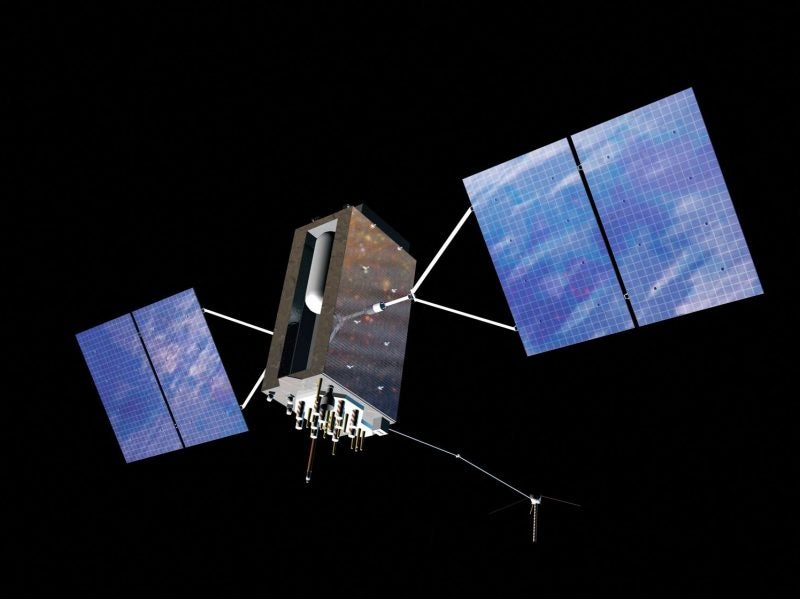
NATO satellites that are vital to military missions are vulnerable to cyberattacks, according to a study by the UK based Royal Institute of International Affairs, commonly known as Chatham House.
The satellites used currently are susceptible to a variety of cyber-attacks including GPS spoofing, which could cause missiles to miss their intended targets and redirect to aircraft, ships or ground forces.
Another flaw highlighted in the report is the lack of NATO ownership over the satellites the military uses. While the alliance owns ground-based infrastructure, it requires permission to access member states’ satellites before they can be used.
Chatham House international security department research fellow Dr Beyza Unal, who wrote the report, said: “The problem is, we do not know which country is doing what.
“A vulnerability for a member state can become a vulnerability for the alliance… In that regard I think the most important step would be to ensure some kind of maturity model across the alliance. If they [NATO] say there are certain standards and guidelines that that the member states needs to follow that would really help to safeguard space-based assets.”
Unal said that NATO should look towards ensuring they have space assets on hand when they are needed.
“It only makes sense that NATO also starts to think about whether owning satellites or being able to use satellites when they are needed in a crisis or conflict time, or even for peacekeeping missions. The problem here is who will fund it… any additional cost needs to be explained to taxpayers,” she added.
One of the biggest threats to NATO is Russia testing the alliance’s capabilities in cyber, air and maritime fields, which Unal believes is also becoming apparent in space.
“It is believed that Russia has been buzzing the western satellites [coming too close to them]… Many countries are questioning the reason for that,” she said.
“There were states like France and Italy who accused Russia of trying to steal encrypted military data. These [buzzes] are concerning because we do not know what Russia is doing them for, decrypting the data and stealing the information. Or to try to understand how the western systems work.”
The report recommends a series of steps in order to sure up NATO’s future space capabilities, including the alliance taking a more active role in the development of technology and sparking discussions in member state to further the systems.
Other steps recommended are ensuring the safety of ground-based assets, more simplistic steps like making sure software and systems across NATO are up to date and increasing the cooperation between members so that if one state’s space assets are compromised another’s can be used.
The continued operation of space systems has become increasingly important in the past decade as more and more military systems become reliant on it. In the 2003 invasion of Iraq over 60% of munitions relied on spaced-based guidance to hit their targets.



